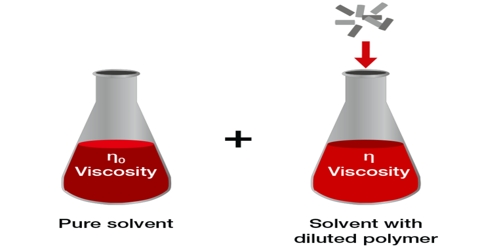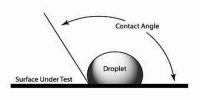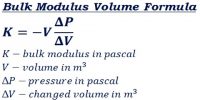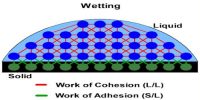Viscosity or Internal Friction
Definition: The property of a fluid which tries to oppose or retard relative velocity between different layers inside the fluid is called viscosity of that fluid.
Or, the property by virtue of which a liquid opposes the relative motion between different layers of the liquid is called viscosity or internal friction. It is a quantity expressing the magnitude of internal friction, as measured by the force per unit area resisting a flow in which parallel layers unit distance apart have unit speed relative to one another.

Different fluids have different viscosity. For example viscosity of milk, oil and tar are not same. Among them, viscosity of tar is highest, then oil and smallest value is of milk. If a liquid is made move art a horizontal or in an inclined tube, then also the viscous force develop against the motion of the liquid Viscosity is sometimes called adhesiveness of fluid.
















